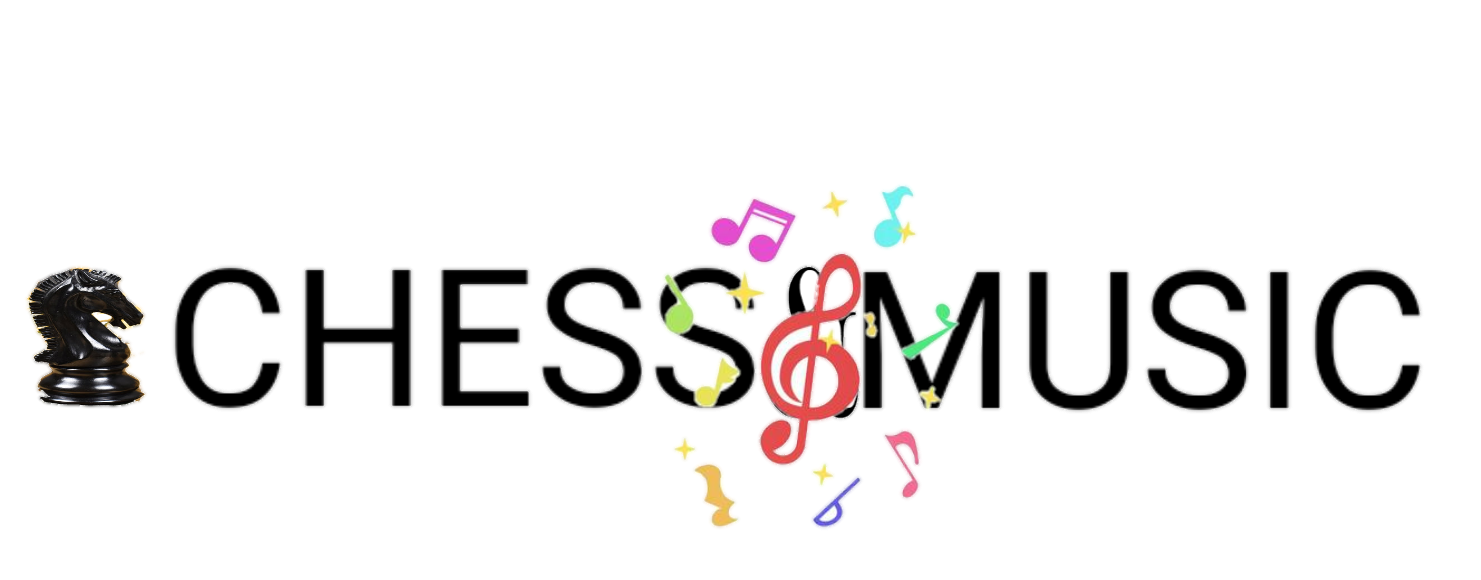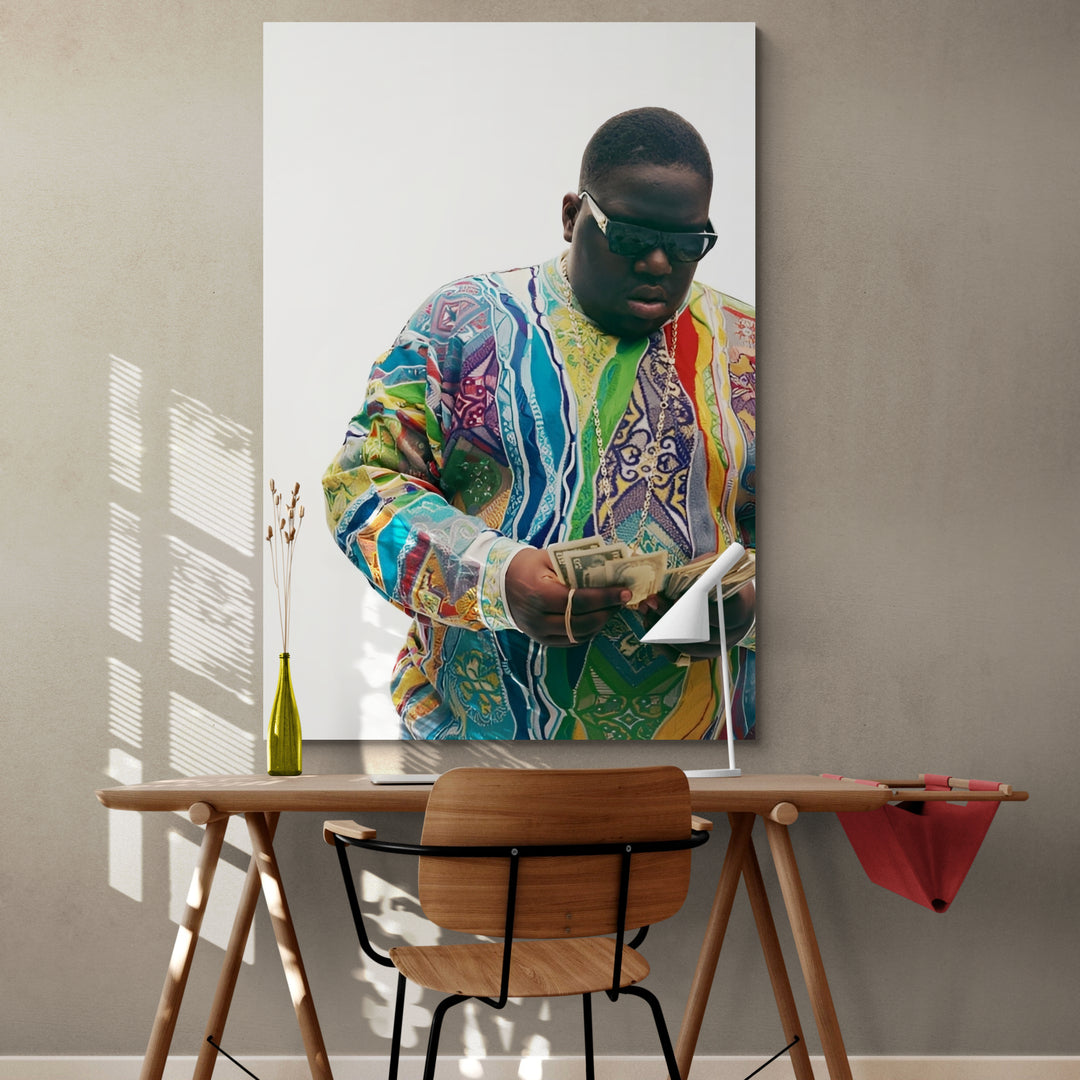Before COVID-19, I wanted to collaborate with a rapper I had met through online groups. I reached out to him, and he asked to hear my previous work. Although I had written songs for others who had recorded them, my voice was never featured. Therefore, those recordings were of no use.
I decided to record some songs I had written. As someone familiar with the fundamentals of songwriting, I knew what distinguished a song from a poem or essay. I sent him acapella recordings of myself singing.
However, he had doubts and asked me to send something with a beat. Although I wasn't prepared for this request, I wasn't discouraged either. After considering my next step, I downloaded some instrumentals from renowned hip-hop artists. My goal was to write original lyrics over the beats and record them using my phone.
With the instrumentals and necessary apps, my objective was to create something original. I started by writing the hook, which took around 12 days. I was thrilled with the outcome, as it marked a significant improvement in my skill level.
To this day, I usually start with the chorus, as it's the focal point of the song. For a long time, learning to write choruses was a major goal of mine, as I grew up around artists who found writing hooks more challenging than verses.
When I sent him the new recordings, he couldn't deny my talent. Unfortunately, we haven't worked together on a project yet. Later, during the pandemic, I formed a WhatsApp group to discuss music production, as I realized that people often talked about music but rarely shared their creative processes.
One essential lesson I've learned is the empowerment that comes from listening to recordings of yourself singing or rapping, especially when you've recorded them yourself. It provides a point of reference, allowing you to tweak or leave the recording as is. Additionally, it reduces costs and gives you the freedom to experiment in a safe space.
When you write lyrics on paper, they may seem coherent, but when you vocalize them, you may need to make adjustments. Even when no changes are required, you may still need to work on finding the right flow. I've found this to be particularly true for R&B verses, which require a blend of melodies.
In contrast, choruses and hooks tend to be more concise. If verses are marathons, choruses are sprints. As a songwriter, it's essential to know how your written work sounds before entering the studio. You can achieve this by recording yourself using a microphone and computer or phone.
One thing you should know that the sound may not be as good as you would get if recorded professionally.
For example at the end of this article i've attached a rough recording i made using the phone and a cheap condenser microphone. I used to make clips that i had written over instrumentals i downloaded from youtube. The beat is from a popular rap song but i created my own chorus over it.
Recording at short notice enables you to write more frequently. When you write a song, it's not just about the words; the lyrics, beat, and melody all come together to create something unique. As the writer, you take the first steps, and the listener follows, but also travels further.
When you write a song, you're the writer, but when you listen to it, you become the listener. This shift in perspective can change how others see you, and the impact doesn't stop there. As you write, you employ language, make mental calculations, draw from your experiences, and more. It's a complex process that occurs within a short timeframe.
Follow this link so as not to miss out on useful follow-up information


